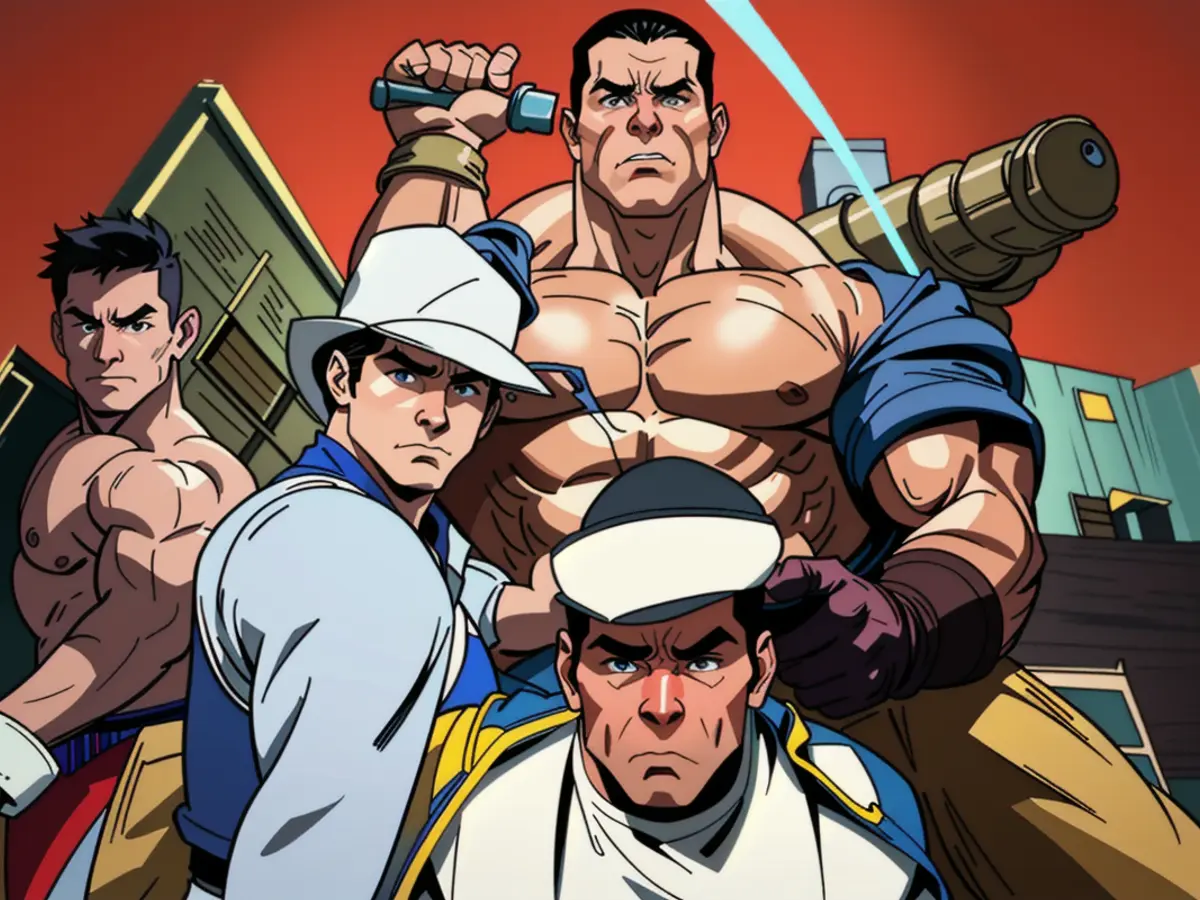Evaluating Javier Milei's Debut Year as Argentina's Leader: Conquering Inflation via Severe Recession
Argentina continues to grapple with a political crisis, a full year into President Javier Milei's term. This self-proclaimed "anarcho-capitalist" libertarian has disrupted the traditional political landscape, toppling old prejudices and transforming societal expectations. This change occurs amidst a challenging economic context, where a harsh recession engineered for inflation control has only exacerbated poverty and weakened purchasing power. Despite these challenges, Milei retains substantial popular support and has cemented his status as a global symbol of the "new right" movements.
The Rise of Milei and Libertarianism
Politically, Milei and his unconventional coalition of libertarians have proved exceptionally successful. Emerging as a popular late-night talk show figure in 2021, Milei secured a seat in the lower Chamber of Deputies. He then successfully defeated the Mauricio Macri-led Cambiemos/Juntos por el Cambio coalition in the 2023 presidential election's first round, ultimately dismantling Cristina Fernández de Kirchner's Frente de Todos coalition in the run-off.
Milei's outsider status—backed by a savvy social media strategy—was initially seen as a recipe for failure by analysts. However, he's managed to absorb key political assets and shattered the bi-coalitionism that dominated Argentine politics for over a decade. His coalition is now faced with crucial challenges, though: building political structures, legislative muscle, and grappling with public scrutiny as the nation's first magistrate.
Populism and Austerity
Despite the recession, Milei has enjoyed widespread popular support. This support defies the conventional wisdom that strict austerity measures inevitably lead to political unpopularity. Milei and his economy minister, Luis 'Toto' Caputo, have adopted a "budget surplus" mantra. They've embraced currency controls, creating a local currency rally, and cut spending in the face of a devastating recession.
These measures have seen both crisis and success. On one hand, they've achieved low inflation, giving Milei an opportunity to deliver on his key campaign promise. On the other, unemployment has soared, and consumer spending has plummeted, creating a dangerous cycle of poverty. Argentina's massive public and private debt, along with its obligations to the IMF, presents further challenges.
Cracks in the System
As Milei and his administration ride a wave of popularity, critics point to cracks in Argentina's democratic institutions. The nomination process for key government positions, such as the attorney general and ombudsperson, has been disrupted, leaving positions vacant. Cuts to social programs for vulnerable populations, such as cancer patients and survivors of gender-based violence, have also sparked controversy.
Milei's administration has also faced criticism over its treatment of democratic norms, with hostile rhetoric towards journalists and the LGBTQ+ community. Furthermore, the government's handling of freedom of assembly has also raised concerns.
Regarding Argentina's future, challenges loom on both the economic and political fronts. While inflation remains low, rising uncertainty about the currency's value and international trends could force Milei to reassess his strategy. Politically, resistance from powerful political factions, like the Peronist party, could delay or stall reform efforts. Social unrest, potentially sparked by widening income disparities, also represents a significant threat.
As Argentina enters its second year with Milei in the lead, great uncertainty remains. However, one thing is clear: traditional politics will never be the same.
In the midst of Argentina's economic crisis, liberalization of markets under Milei's administration has led to a surge in local currency, as seen in the currency rally. (markets, money)
Critics argue that Milei's austerity measures, including strict budgeting and currency controls, have exacerbated poverty and unemployment, putting a strain on Argentina's vulnerable populations. (markets, money)




